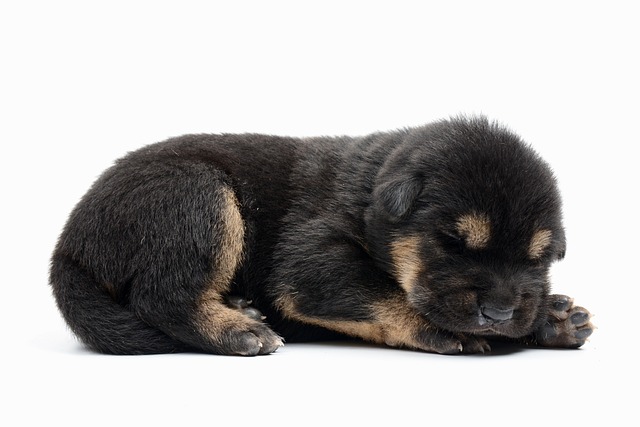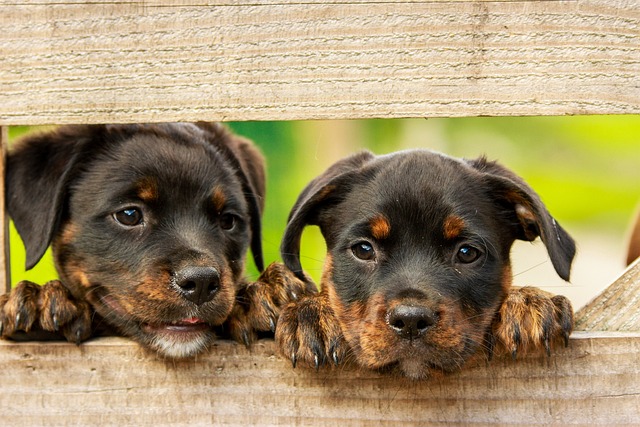
Establish a Routine
Creating a consistent schedule for your puppy’s meals, playtime, and potty breaks can help them develop regular bathroom habits. Routine is key to successful potty training.
Take Your Puppy Outside Frequently
– Puppies have small bladders and need to go out often.
– Take your puppy outside immediately after eating, waking up, or playing.
Use Positive Reinforcement
Positive reinforcement is a powerful tool in potty training. Reward your puppy with treats, praise, or playtime when they eliminate in the designated spot.
Never Punish Your Puppy
– Avoid scolding or punishing your puppy for accidents.
– Negative reinforcement can lead to fear and anxiety in puppies.
Crate Training
Crate training can be beneficial for potty training as dogs instinctively avoid soiling their sleeping area. Use the crate for short periods, and take your puppy out immediately after releasing them.
Make the Crate a Positive Place
– Introduce the crate slowly and create a comfortable environment.
– Avoid using the crate as a punishment for accidents.
Supervision is Key
Supervise your puppy closely, especially when they are out of the crate. Watch for signs like sniffing, circling, or squatting, indicating they need to go outside.
Keep an Eye on Your Puppy
– Limit your puppy’s access to areas where accidents are likely to happen.
– Use baby gates or close doors to prevent accidents in unsupervised areas.
In closing, potty training a puppy requires consistency, patience, and positive reinforcement. By establishing a routine, using crate training, and closely supervising your puppy, you can help them learn good bathroom habits. Remember that accidents are normal during this learning process, so stay calm and positive throughout the training journey.
[qmp_faq]
Related Reading
- Training Your Dog Tips To Improve Your Pooch’s Behavior
- Having Trouble Training Your Dog? Try These Tips
- Training A New Puppy, The Good And The Bad.
- Canine Training With Some Sound Easy Tips
- The Basics Of Potty Training Your New Dog
